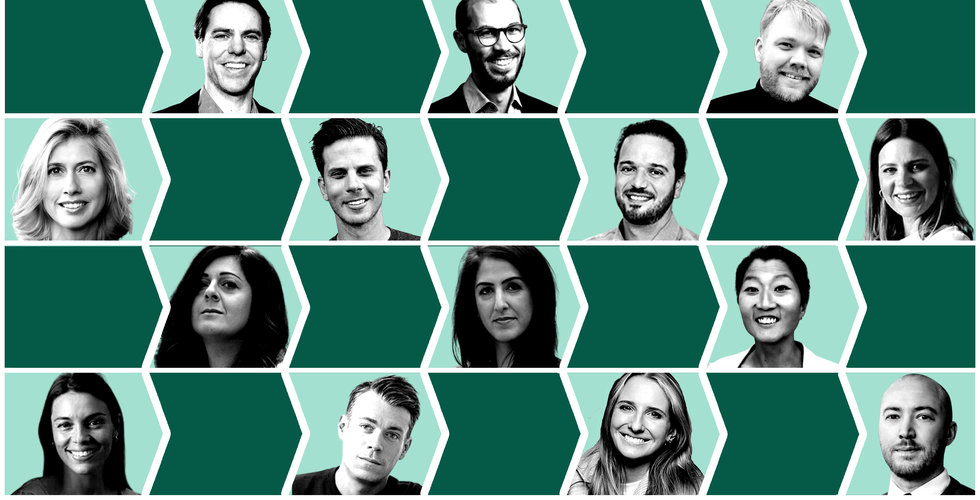
Break it has listed Kliently as one of 24 companies in Sweden that wants to shape Swedish legaltech and digitalize access to legal help. It’s truly an honor and something we could only hope for when we started Kliently. To have someone as established as Breakit pay attention to Kliently is proof that we did the right thing by choosing to bet everything on this app.
But the article isn’t just a confirmation that we are doing a good job. It also raises an incredibly important issue that affects every single person in Sweden and every single person who wants to create a life here. Namely that digitalization of access to Swedish legislation is necessary to democratize it.
Traditionally, those who need legal help have also needed a basic understanding of the legal landscape even before seeking help. What exactly do you need help with and which lawyers specializes in that area? You could of course do a simple Google search, but the result on Google depends entirely on each law firm’s ability to work with SEO. And how do you even sift through the selection? How do you know that the lawyer you want to contact is someone who will understand your situation? Someone who goes the extra mile to make you feel safe with your choice? And what is to say that the lawyer in question even has the time to take on your case?
Digitalized legal aid = democracy
The advantage of digitalizing access to legal help through apps is that it is unimportant what you know about Swedish legislation in beforehand. Now you can instead let the app help you find the right lawyer. You can easily see how others have experienced the help they’ve recieved. And at least with Kliently, you can also get help in your native language without having to hire an interpreter.
In the past, you’ve had to navigate on your own in a jungle of legal terms and hard-to-reach lawyers. Now you have the legal help available directly in the palm of your hand instead. This means that so many more people have access to legal help. And that so many more actually GET help. And that means that many more are included within the democratic right that access to legal representation entails.
